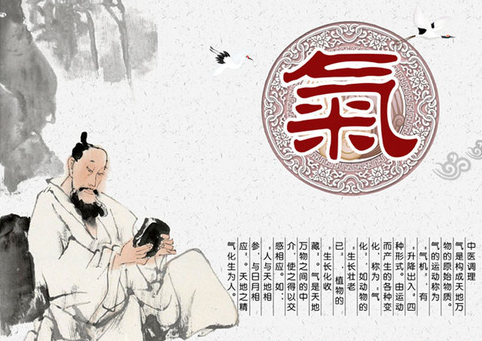The internal and external relationship between the kidney and the bladder lies in their dependence and mutual coordination in the excretion of urine. The turbid part of water in the body is transformed into urine by qi-transforming function of the kidney and transported down into the bladder to be discharged out of the body. The storage and excretion of urine by the bladder are accomplished by qi-transforming function of the kidney. Sufficiency of kidney-qi and normal qi-transformation will enable the bladder to open and close properly to excrete urine.
Disorder of qi-transformation in the kidney will affect the function of the bladder, leading to dysuria or polyuria and enuresis, etc. If there is damp-heat in the bladder, it will inhibit the activity of qi, give rise to invasion of pathogenic factors into the kidney and affect @transforming function of the kidney, consequently impairing "the kidney and clinically bringing-on the symptoms of frequent urination, urgent urination and painful urination due to inhibited qi-transformation in the bladder and unsmooth urination as well as aching waist and lumbago due to impairment of the kidney.

Besides, Huangdi Neijing holds that the kidney is externally and internally related not only to the bladder, but also to the triple energizer. Since the kidney governs water and the triple energizer is water passage, they coordinate with each other in the metabolism of water. The triple energizer is connected with the upper and Dower parts of the body. It can transport water in the whole body to the kidney. If kidney-qi is in disorder, it will lead to abnormal flow of water and accumulation of water in the triple energizer, eventually causing edema. Furthermore, the triple energizer can transport the primordial qi from the kidney to the whole body.







